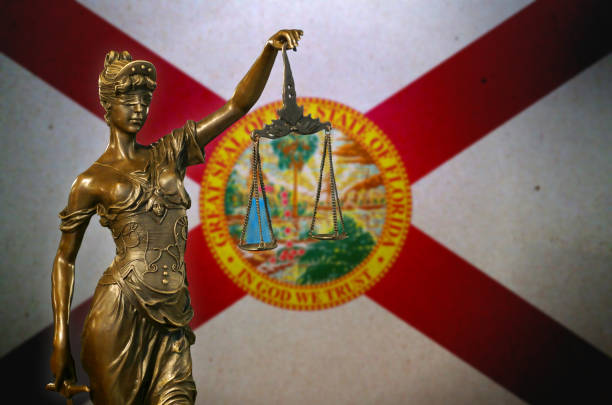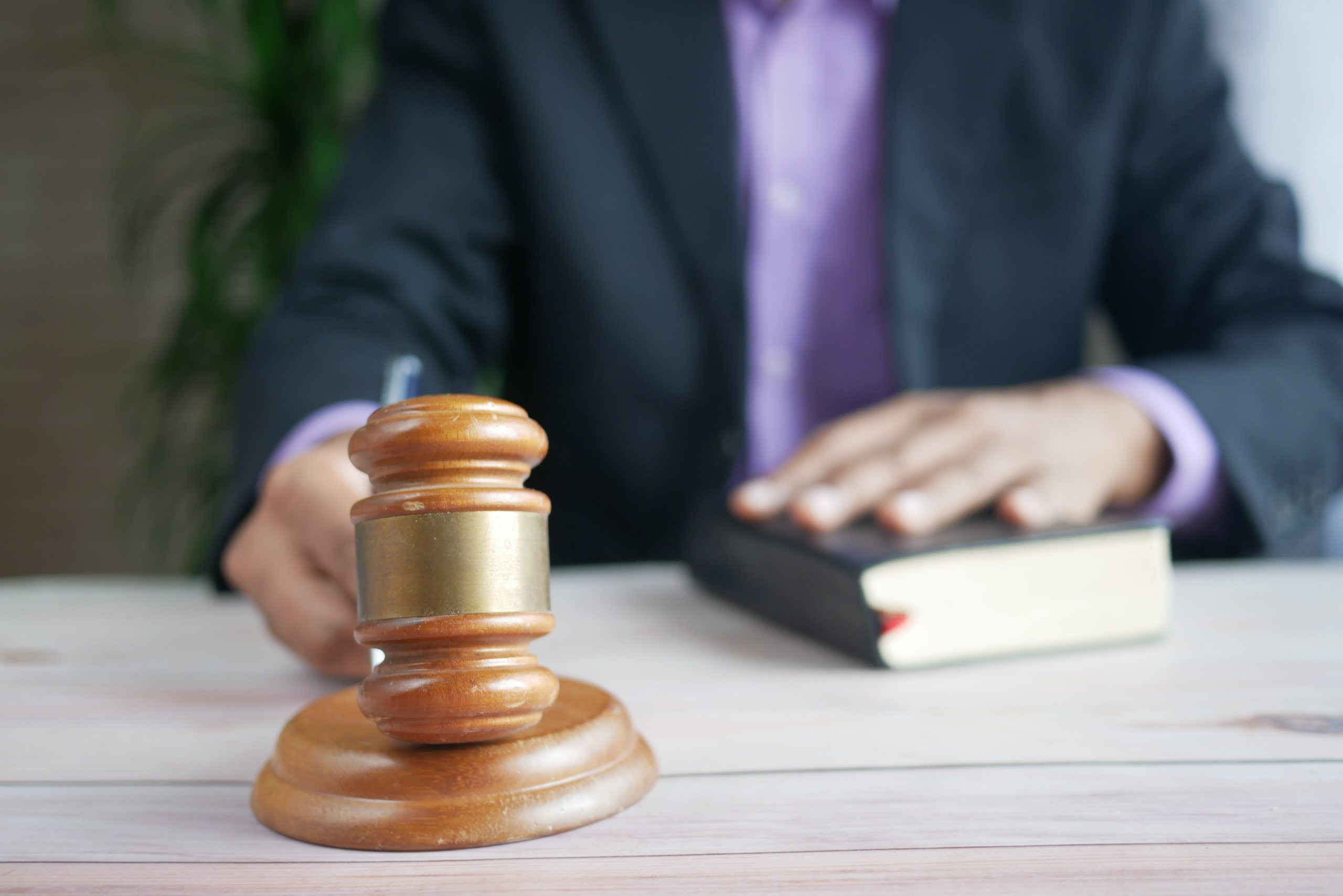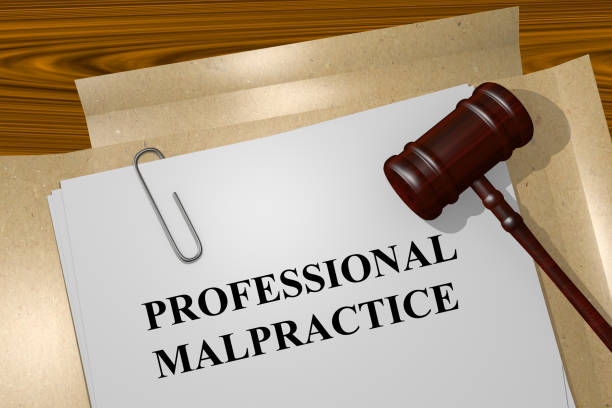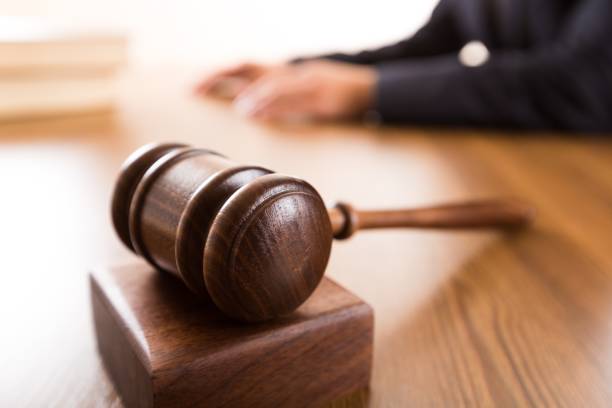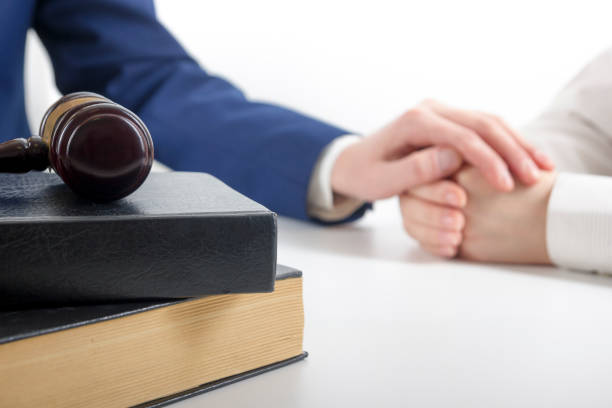- Automobile or Car Accident
Car accidents happen on a daily basis, which is why Florida’s “no-fault” system makes perfect sense. Some accidents, however, are more serious than others, resulting in permanent injury. Car accidents are the most common basis for personal injury claims. While this is correct, keep in mind that Florida has a “No-Fault Insurance System” for minor vehicle accidents.
In the event of a car accident, the car insurance company pays for the damages. For this purpose, all drivers must obtain a $10,000 personal injury protection policy.
Personal injury insurance pays for medical bills, lost wages, and other losses.
However, if your injuries are severe and life-threatening, you can now file a Florida personal injury case against the person who caused the accident.
If the injured person perishes or loses bodily functions, or her injuries are permanent, personal injury lawsuits should be done.
- Dog Bites and Attacks
In contrast to other states, Florida maintains strict liability for dog bites. When a dog attacks, the owner will be held liable regardless of the dog’s previous behavior.
The dog owner must compensate the victim for any injuries sustained, which may include medical treatment and additional assistance as a result of the attack.
Of course, the state considers the victims’ actions as well. If it is proven that the victim’s faults caused the attack, the dog owner’s liability may be reduced.
It’s surprising how common dog attacks are. However, the injuries sustained can be fatal, and medical expenses can unexpectedly skyrocket.
If the personal injury victim stands by lawful acts (e.g., staying on the property with permission, not harming the dog in any way, the dog escaping, etc.), it’s strong to believe that the owner is commonly negligent.
- Workplace Accidents
There are hazardous workplaces, such as factories and construction sites.
Even though many of these are ostensibly covered by insurance, some cases qualify as personal injury.
However, many of these cases are complicated. We recommend that you seek clarification from a personal injury attorney. Most personal injury lawyers offer free consultation services.
- Medical Malpractice Cases
Medical malpractice is all too common, despite the fact that it should not be. According to Florida personal injury laws, you have the right to seek compensation and hold the healthcare worker accountable for the error.
While some mistakes result in non-economic damages (no monetary impact on the victim), others can be fatal and cause complications that increase your medical expenses.
It’s best to consult with a personal injury lawyer to go over the details. If money is an issue, look for those who offer free case evaluations such as Darfoor Law Firm.
- Wrongful Death
Wrongful death occurs when a victim dies as a result of their personal injuries.
Darfoor Law Firm helps families and loved ones recover damages. If the victim is a breadwinner, the compensation will most likely be higher because the family will suffer greater losses. If you are struggling, hurt, injured, or suffered one of the above accidents, call us at 1-833-DARFOOR to schedule your free consultation and case evaluation. We are always here to help you.


